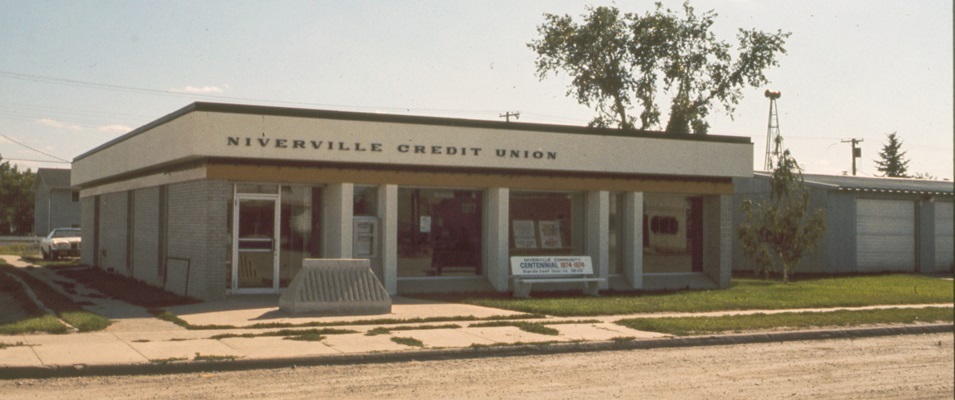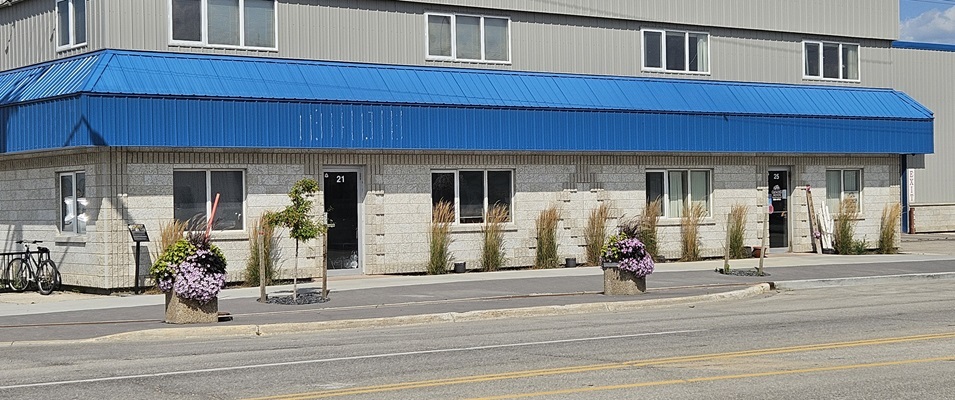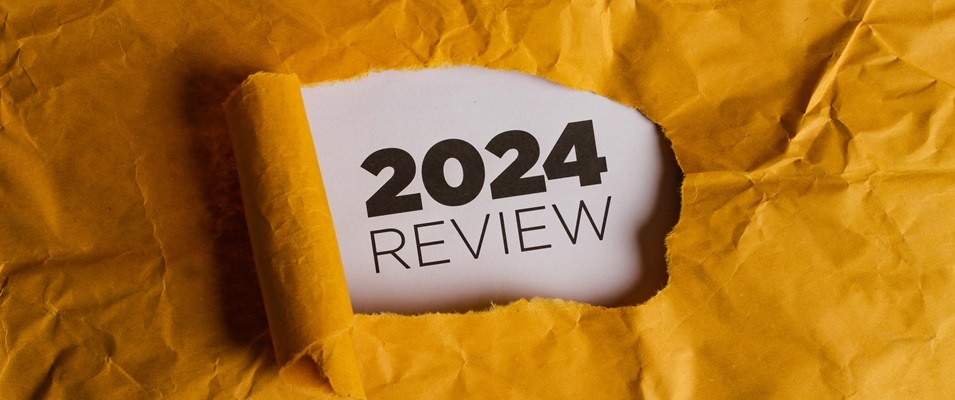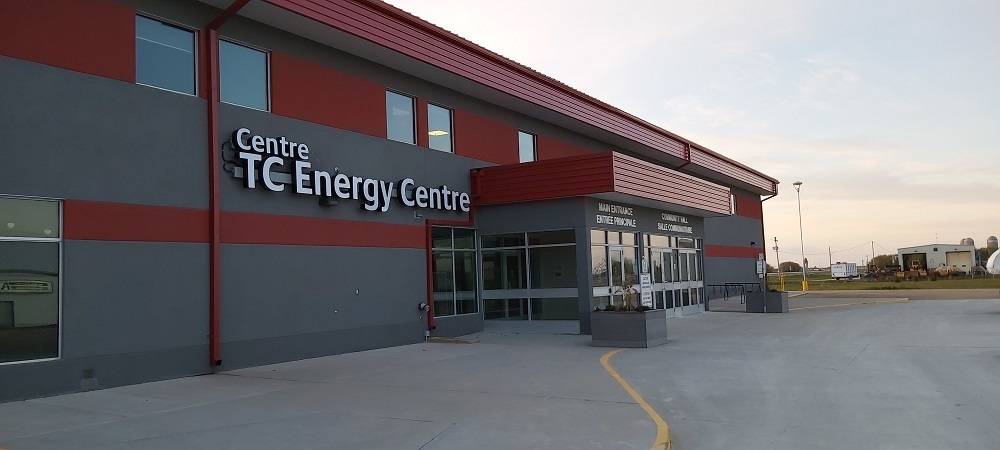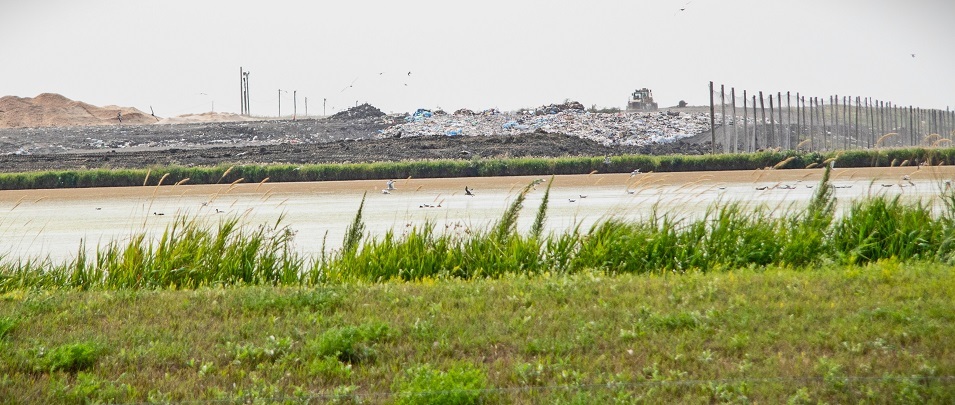
For nearly a month now, the Ritchot landfill has been alive with activity—more than usual. As of December 12, the refuse site, located just southwest of Île-des-Chênes, has also been the dumping ground for residential and commercial waste coming from the southeast region of Winnipeg.
This new arrangement is expected to be short-lived, a temporary measure put in place while Winnipeg’s Brady Landfill continues to be closed due to blockades constructed in mid-December by advocates for missing and murdered Indigenous women, girls, and two-spirited people.
The blockade was initiated after weeks of outcry for searches to be conducted at the Brady Road and Prairie Green landfills in the hopes of locating the remains of several missing women who are believed to have been dumped at these sites.
“We will continue to work with the City of Winnipeg until further notice,” says Mayor Chris Ewen. “[There’s] no hard stop date at this point. We are fortunate to have a team and facility that can handle the added amount [in the] interim.”
According to Ewen and Ritchot landfill manager Stephen McCabe, the extra loads of refuse vary between 15 to 40 loads per day, with each load averaging around six metric tonnes of waste.
Since the Ritchot landfill is already registered as a Class 1 facility, no special arrangements with the province were required in order to accept the additional waste.
Just as before, the Ritchot landfill is a drop-off point for only solid residential and commercial waste. Highly sensitive waste materials such as livestock and animal waste or asbestos are never accepted.
Mayor Ewen adds that the RM is not incurring any additional expenses that aren’t being compensated for.
“We collect fees for taking in landfill,” Ewen says. “It’s the same as other providers bringing their waste. They are charged and any costs to the landfill or Ritchot are covered by [these] fees.”








